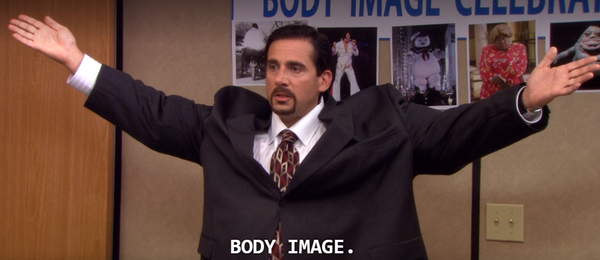When it comes to writing, fiction is as difficult to master as it is popular. Expressing oneself with the written word is no easy task in general but when one is in control of creating the narrative itself, issues abound. It can be easy to fall back onto old tropes when crafting a story but unfortunately the bulk of readers won't be interested in work that lacks originality. Because of this, an important skill to have as a writer is learning how to recognize and avoid clichés. Below are a list of just a few of the most common that beginning writers tend to gravitate toward. However, as is the case with any piece of writing advice, everything stated here should be taken with a grain of salt. Writing improves the most when one is aware enough of the rules to know when it's alright to break them.
1) Beginning with a dream
Starting off a piece of fiction with the protagonist engaged in some larger-than-life situation which later turns out to have been just a dream may have once been an original idea; but, at this point it has been overused and is for the most part best avoided. This is not to say a piece of writing cannot include a dream; however, beginning with one can make a piece read as amateur and can sometimes disorient the reader if not written clearly enough.
2) Describing a protagonist in a mirror
Depending on the perspective from which a piece of fiction is written it can be admittedly difficult to find seamless ways to describe a character's appearance. Using a mirror to have a character "see" themselves in, though, is a much weaker choice compared to characterizing them in other ways--including how they are perceived by other characters.
3) Painting creepy gestures as romantic
While characters do not need to be likable and should certainly have depth, certain tropes ,found especially in young adult fiction, can be detrimental not only to the strength of a piece of writing but also to shaping a reader's perception of a given subject. Without naming names, the habits of a certain sparkling vampire come to mind. If love and romance are features of a given piece of work--one may benefit from being realistic about what entails. In short, writers should avoid painting unhealthy relationships as though they are healthy and normal. Watching a girl you barely know sleep after having snuck into her room to do so, for example, is not romantic.
4) Mary Sues
Chances are that most aspiring writers will have encountered this term; but, for the uninitiated, a "Mary Sue" is a character who is inexplicably "perfect" in the world of a given piece of fiction. A Mary Sue has either no apparent flaws, or possesses flaws which serve only to endear them to the reader and to other characters such as being "adorably clumsy." As a writer it is important to think of your characters as realistic people with genuine flaws and clear motivation. Consider their idiosyncrasies, their biases, and their weaknesses. Remember also that a character does not have to be likable.
5) Amnesia
While this particular cliché is not quite as rampant as some others it is almost always best avoided when writing fiction. In fact, any condition or circumstance that is too convenient to a plot is usually a fiction faux pas. This doesn't mean that amnesia is banned from the realm of fiction but only that it should be used with specific intent for the betterment of a plot. Only use these kinds of too-convenient plot points if there is truly no other way to make a piece of writing work or make sense.





















